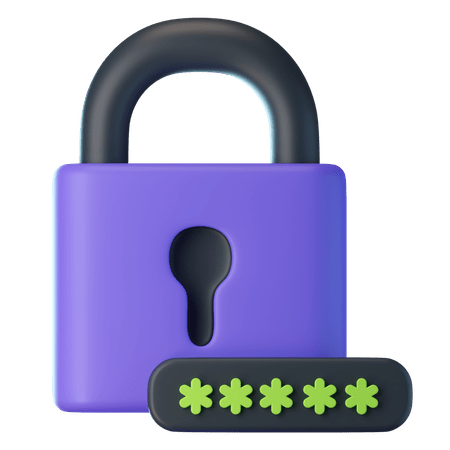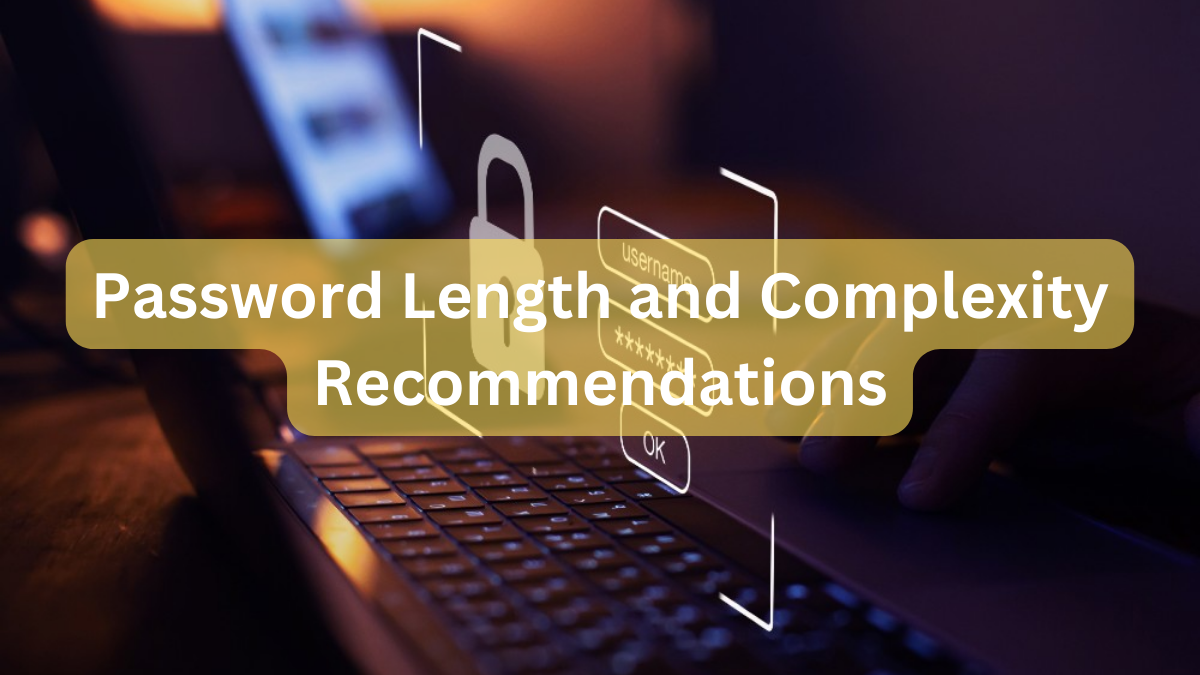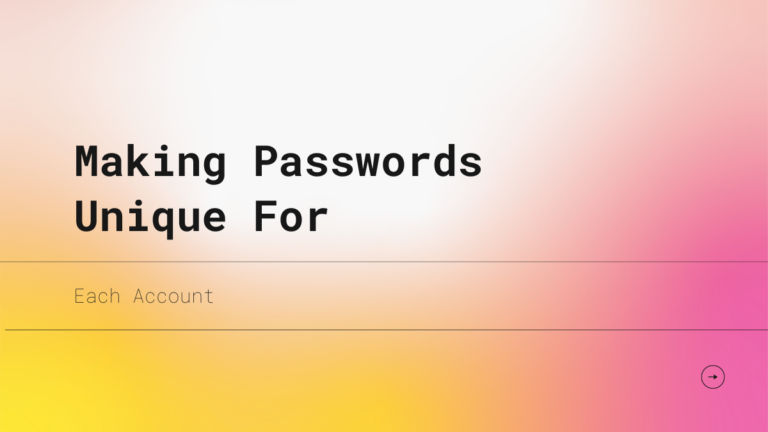Password Length and Complexity Recommendations
Welcome to our blog post on Password Length and Complexity Recommendations. In this digital age where we rely heavily on online platforms, the security of our personal information is of utmost importance.
With cybercrime constantly evolving, it’s crucial to stay one step ahead by creating passwords that are both strong and memorable. So grab a cup of coffee and join us as we unravel the mystery behind the ideal password length and complexity – because your online safety deserves nothing less than perfection.
What is password length?
The length of your password should be at least 8 characters, but no more than 12. Passwords that are too short can be easily guessed by someone who knows your name and other personal information, while long passwords are difficult to remember and use securely.
Passwords that are too complicated can also be difficult to remember and use securely. A complex password may include a combination of letters, numbers, and special characters. However, a complex password is not necessarily more secure than a simple one. In fact, some security experts recommend that you create passwords that are as simple as possible so that they’re easier to remember and use.
Factors that Influence Password Length
There are many factors that influence how long a password should be. One factor is the complexity of the password. A more complex password will take longer to remember and type in compared to a simpler password. However, there is no set length for passwords – each user’s needs will vary.
Another factor that can influence how long a password should be is the frequency of use. For example, if you plan on only using your password occasionally, then a shorter length password may be appropriate. However, if you plan on using your password often, then a longer length password may be more preferable.
Another factor that can influence how long a password should be is the ease of remembering it. If remembering a complicated password is difficult for you, then a shorter length password may be better suited for you.
What is password complexity?
There is no single answer to the question of how long or complex a password should be. However, there are general principles that can be followed when creating passwords.
Some factors to consider when crafting a password include:
- Length: The longer the password, the more difficult it will be to remember. However, too long a password is also a security risk, as it can be easier for someone to guess.
- Type: A combination of letters and numbers is more secure than just letters.
- Punctuation: Including spaces in your passwords makes them more difficult to crack, as does using special characters (such as !@#$%^&*()_+).
- Unique Characters: Adding uncommon characters (a letter not found frequently in English text) increases the difficulty of cracking passwords but doesn’t increase their security.
How do they impact security?
Password length and complexity recommendations are highly debated issues within the security community. Some experts argue for stringent minimum password requirements, while others maintain that passwords should be as simple as possible to remember but still meet a reasonable level of security.
There is no definitive answer to this question. The best approach depends on the specific needs of the organization and its users. Generally, however, longer passwords are more secure than shorter passwords, but they also require more effort to remember. Complex passwords are generally less secure than simpler ones, but they’re harder to crack and may be more acceptable to users. It’s important to create a policy that balances these various factors in order to find an optimal solution.
Recommended Passwords Length and Complexity
There is no definitive answer when it comes to the perfect password length and complexity. However, there are a number of factors to consider, such as the type of account you are protecting and your personal security preferences. The following are some recommended guidelines:
- passwords should be at least eight characters long and include both uppercase and lowercase letters, numbers, and symbols
- try to use different types of characters together (for example, combining numerals and letters)
- make sure passwords aren’t easily guessed or found online
While these recommendations are a starting point, ultimately it is up to each individual user to decide what makes their password secure. There is no one right answer – what matters most is that you take steps to protect your personal information.
Conclusion
In today’s digital world, it is more important than ever to have a strong password. Not only are passwords necessary for logging into your online accounts, but they are also a key factor in safeguarding your privacy.
However, choosing the right length and complexity for your password is not easy. In this article, we provide recommended password lengths and complexities based on the type of account you use and the risks that could be associated with them. We hope that this guide will help you make the best choice for your personal security needs.


